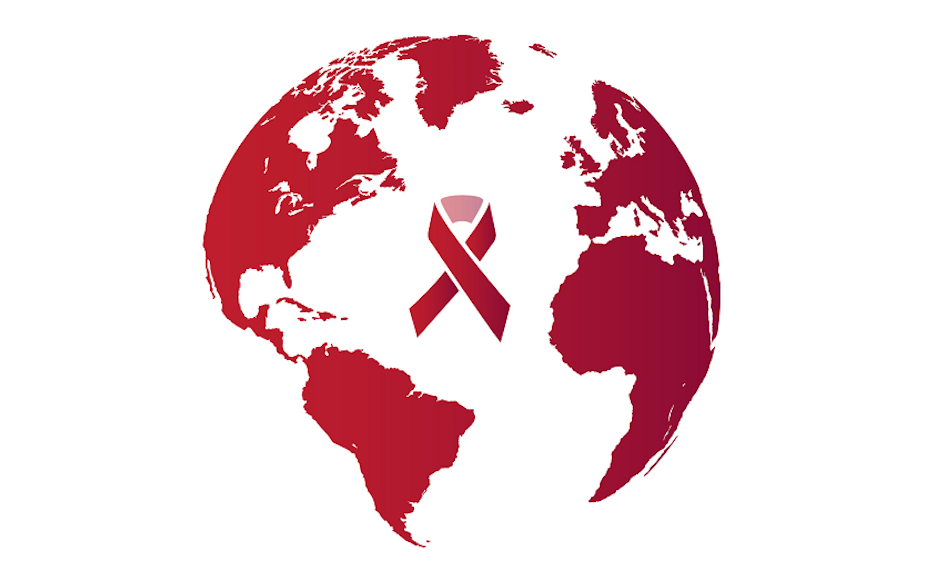The AIDS movement is at an intersection point due to the interplay of key health and economic determinants – the global financial downturn, tight foreign aid budgets and intense resource competition.
AIDS is only one of multiple health threats requiring deeper, more complex strategies for ethical allocation of resources. What position should AIDS hold within the broader spectrum of global health priorities – for example, maternal and child health, injuries, non-communicable diseases and mental health?
Although AIDS funding is shifting to include broader health systems, it is still a vertical program. Is the flattening out of AIDS funding enough to meet the demands of multiple health constituencies?
What the AIDS movement did for health
Unquestionably, the AIDS movement has had dramatic success, which has redounded to the benefit of global health. AIDS advocates moved global health onto the international agenda. And the historic level of political engagement would have not been possible without the movement.
Diverse constituencies dealing with health issues ranging from cancer and obesity to alcohol and tobacco have learned from the AIDS response.
Global health should build upon the successes of the AIDS movement. They should mobilise new resources, energise civil society and demand political accountability.
In the end, it will be self-destructive to pit one health constituency against another, forced to make do in the face of dire need. As the AIDS movement finds its way in a changing world, it will have to advocate for broader health system reform, perhaps even reconceptualising AIDS institutions to broaden their mandate.
Reflecting back, looking forward
So much has happened in the years since AIDS first emerged. Whereas once an HIV diagnosis was a death sentence, today patients can live long and full lives.
But some things have remained constant. Even as the sociocultural perceptions of AIDS have changed fundamentally, it remains a highly stigmatised disease. Remnants of discrimination can be seen everywhere, from the testing of healthcare workers and segregation of prisoners to travel restrictions and criminalisation.
Second, while AIDS advocates will continue to demand universal treatment access, the reality of scarce resources and competing priorities will stand as major obstacles. The global health framework is transforming to one in which no single disease takes precedence – in the way that AIDS arguably has done.
Already, the vertical disease-specific paradigm is shifting – if not to a perfect horizontal system, then at least to a “diagonal” paradigm that leverages AIDS programmes to meet a wider range of health needs.
Still, even with these looming changes, the contributions of the AIDS movement to global health are almost immeasurable. It ushered in an era of unprecedented scientific achievement, changed the paradigm for social mobilisation, and altered global health’s institutional architecture and basic values.
AIDS even critically informed contemporary principles of global engagement, such as partnerships, country ownership and accountability for results. Whereas once international assistance was measured by money donated, it is now about lives saved.
AIDS brought global health to the world political stage, raising consciousness about security, trade, intellectual property, and human need. In short, AIDS forever changed the way we think about health, culture, and politics.
This is the last of three articles drawn from the book Global Health Law, released by Professor Lawrence Gostin.

